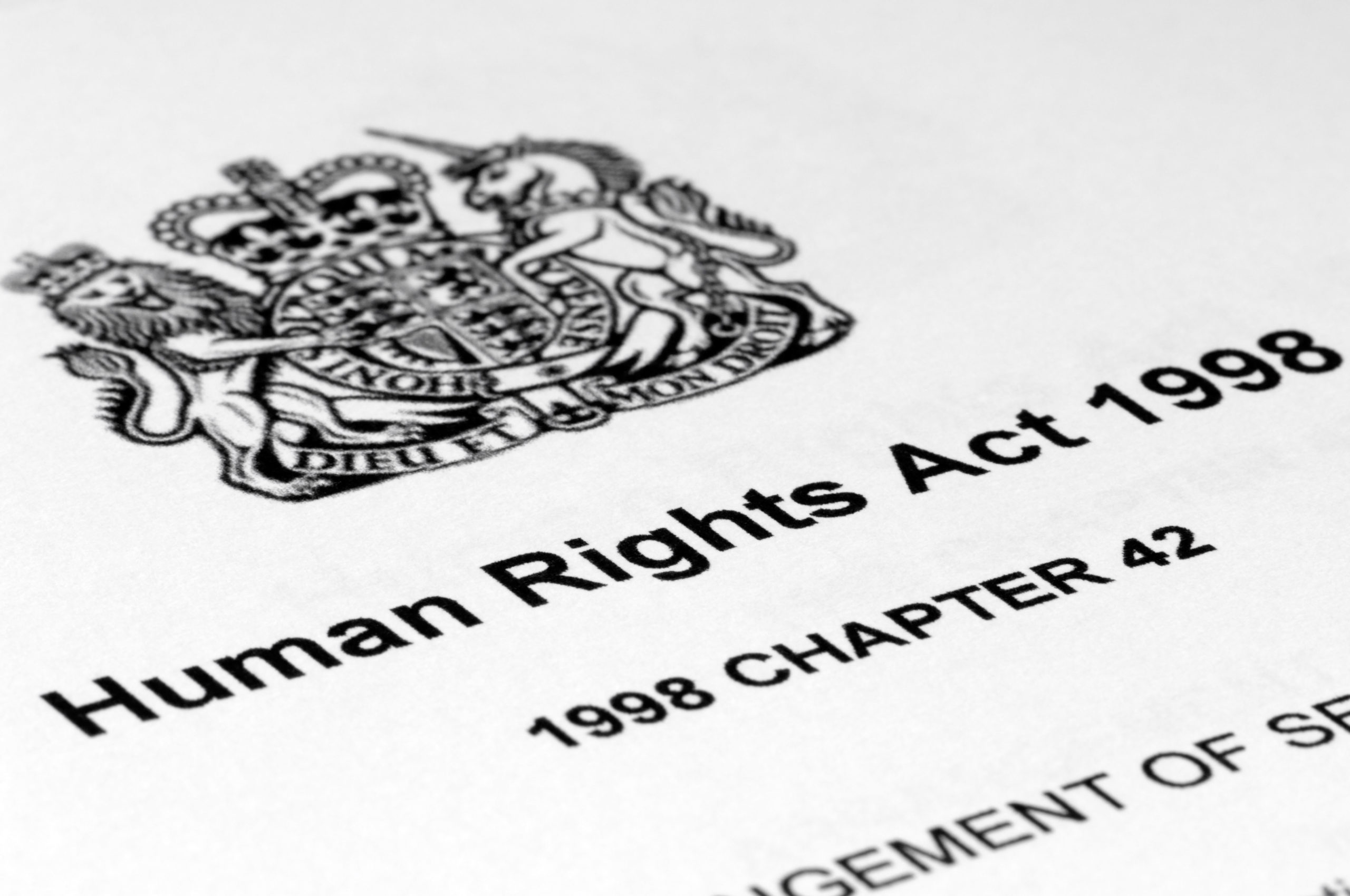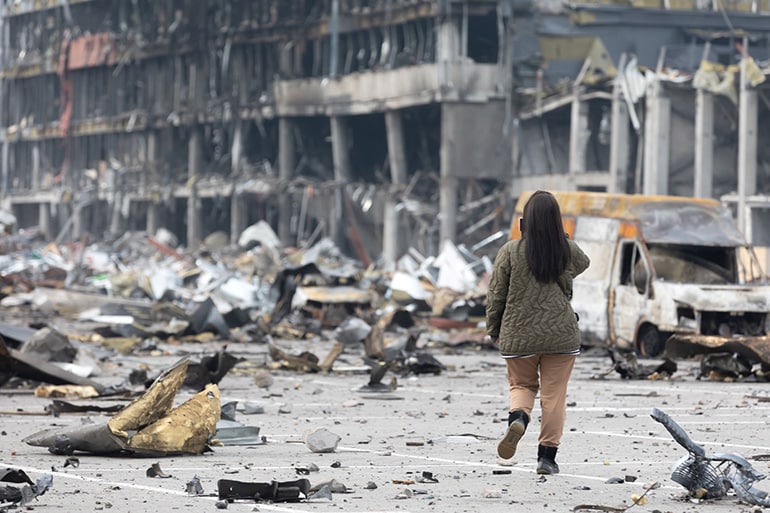Military accountability in the UK
Promoting civilian rights and UK military accountability
Following the withdrawal of British combat troops from Iraq (2009) and Afghanistan (2014), the way in which the UK fights its wars has changed significantly. CEASEFIRE’s multi-year ‘Civilian Rights and UK Military Accountability’ project, generously supported by the Joseph Rowntree Charitable Trust, aims to promote civilian rights and military accountability in the UK’s use of armed force.
The UK’s practice of limiting liability for violations and focusing on criminal prosecutions of junior soldiers (with only one prosecution for war crimes overseas having been secured since 2001) has recently been bolstered with further measures to limit accountability in the Overseas Operations Act 2021. Although the UK has been forced through litigation to pay compensation particularly in relation to Iraq, in recent cases of aerial bombardment there has been a refusal to investigate transparently and complete denial of liability. This project seeks to improve the scope for reparations where civilian rights have been violated by UK armed forces in accordance with international law and emerging State practice, given that no comprehensive reparations policy has yet been developed by the UK government. See the results of CEASEFIRE’s FOI request on the prosecution of UK personnel for war crimes here, and our discussion of the Overseas Operations Bill here.
This project also seeks to tighten the rules on civilian protection deployed by the UK government. UK forces were centrally involved in the sieges of Mosul and Raqqa and the UK also supports the Saudi-led coalition involved in the siege of Hodeida, operations which have seen an appalling toll on civilian lives, property and infrastructure. What is allowed and what is prohibited under the Geneva Conventions? Where the UK government engages in war ‘by, with and through’ partner forces, including foreign states and armed groups, what responsibility does it have for violations committed by such forces, including torture, forced disappearances, and the bombing of hospitals and other civilian objects? See CEASEFIRE’s contribution to this Guardian piece on ‘Britain’s responsibility for carnage in Yemen’, and discussion of the humanitarian law implications of siege warfare here.
Partners on this project include:
University of Essex Human Rights Law Centre Clinic on the exploration of the UK’s involvement in siege warfare and the international humanitarian law implications.
Allen & Overy LLP, a global law firm spanning 46 offices in 32 countries. The firm’s pro bono and community investment work uses this network to find solutions to some of society’s most pressing issues, and has assisted in the exploration of reparations policy across the world.
Reports and briefings produced under the project include:
CEASEFIRE’s Briefing on the Overseas Operations Bill
CEASEFIRE’s submission to the UK Parliamentary Joint Committee on Human Rights
CEASEFIRE’s briefing: Seven myths about UK military abuses against civilians in Iraq



















